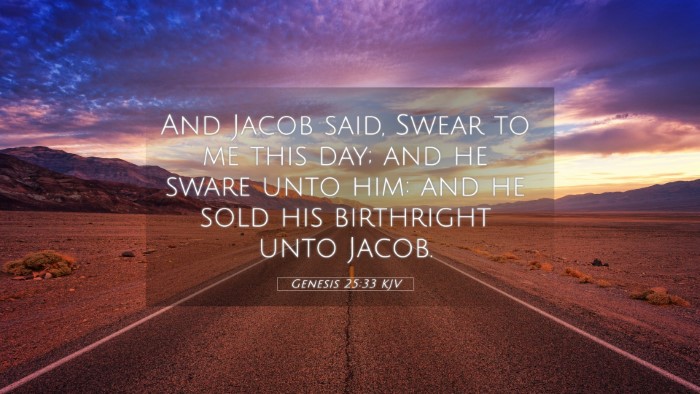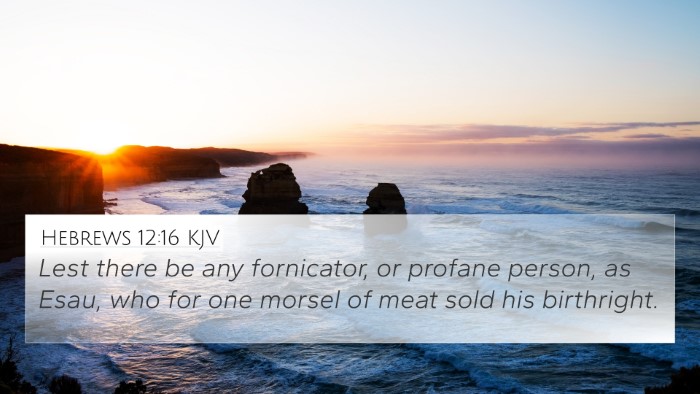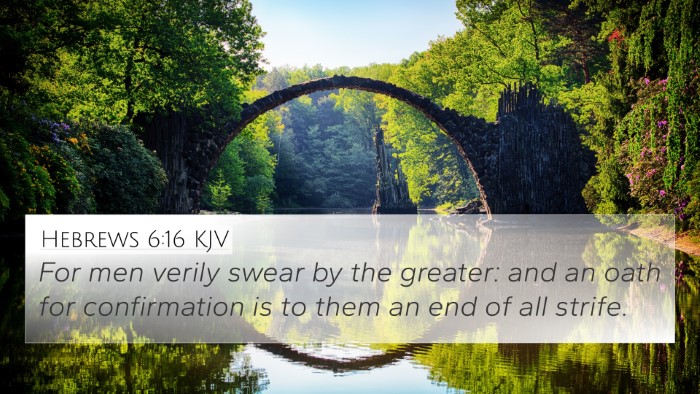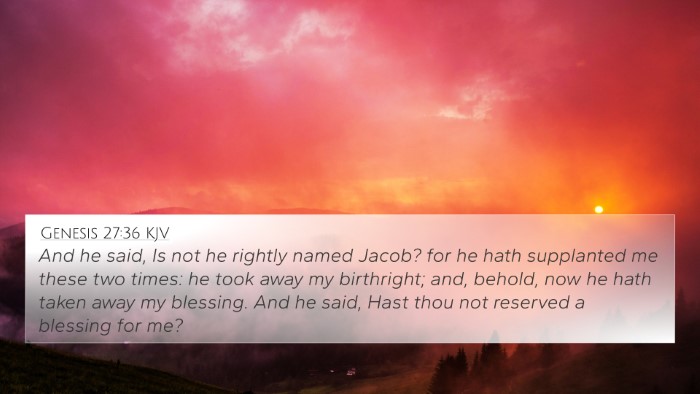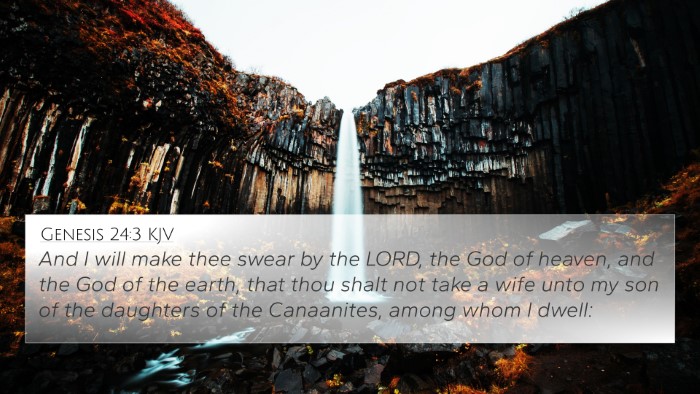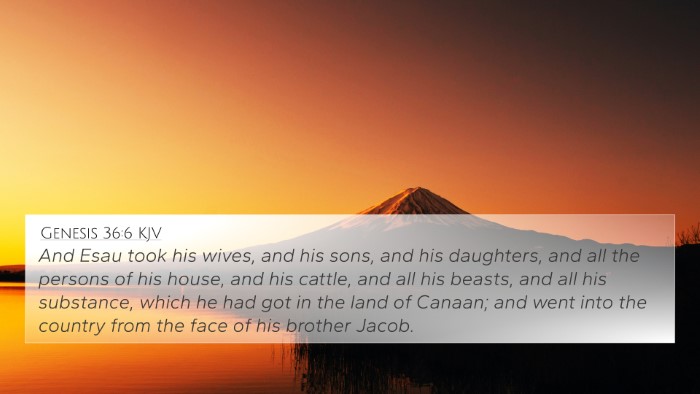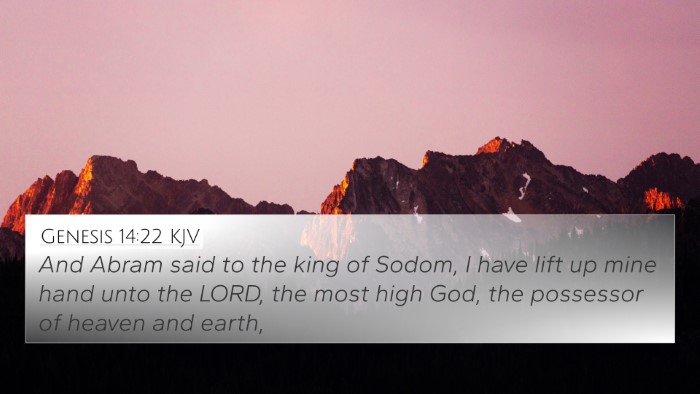Understanding Genesis 25:33
In Genesis 25:33, we encounter a pivotal moment that reflects not only the character of Esau but also sets the stage for significant themes in the biblical narrative. This verse states:
"And Jacob said, 'Swear to me this day.' And he swore to him. Then Jacob gave Esau bread and stew of lentils; then he ate and drank, arose, and went his way. Thus Esau despised his birthright."
Summary of Insights
This verse highlights the transaction between Jacob and Esau, wherein Esau sells his birthright for a meal. Public domain commentaries provide rich interpretations of this event:
-
Matthew Henry's Commentary:
Henry emphasizes the folly of Esau in despising his birthright—an invaluable inheritance—for immediate gratification. He illustrates how this act reflects a deeper spiritual truth: the danger of prioritizing fleeting desires over long-term blessings.
-
Albert Barnes' Notes:
Barnes elaborates on the significance of the birthright in ancient Israelite culture. He points out that the birthright included not only a double portion of the inheritance but also the leadership of the family and spiritual privileges. Esau's impulsive decision symbolizes a disregard for spiritual responsibilities.
-
Adam Clarke's Commentary:
Clarke notes that the act of selling the birthright demonstrates a lack of foresight and wisdom in Esau's character. He draws attention to the importance of self-control and the need to value that which is eternal over temporary pleasures.
Thematic Connections and Cross-References
This verse connects to multiple biblical themes and passages. Here are some relevant Bible verse cross-references:
- Hebrews 12:16-17: Discusses Esau's immorality and the consequences of his disregard for the birthright.
- Malachi 1:2-3: Highlights the perceived love and hatred of God in relation to Jacob and Esau.
- Romans 9:13: Paul references God's sovereign choice between Jacob and Esau.
- Matthew 4:3: The temptation of Jesus—turning stones to bread mirrors Esau's choice for immediate satisfaction.
- 1 Corinthians 10:12-13: A warning about the dangers of temptation, akin to Esau's selling of his birthright.
- James 4:14: A reminder of life's brevity, which reflects Esau's shortsightedness.
- Proverbs 23:2: Advises to put a knife to one's throat if given to appetite, echoing Esau's impulsive choice.
Inter-Biblical Dialogue
The story of Esau's birthright also dialogues with New Testament theology, where the implications of inheritance, both physical and spiritual, are explored. The New Testament writers reflect on the spiritual birthright in Christ, inviting believers to consider what they value in their lives.
Conclusions Drawn from Comparative Analysis
This scenario invites believers to reflect on their values and priorities. Just as Esau traded his birthright, individuals today are challenged to consider what they may be sacrificing for temporary gains. The need for deeper spiritual insight and the pursuit of eternal blessings is made clear through this analysis.
Tools for Further Study
For those looking to explore these themes further, various Bible reference resources can enhance understanding:
- Utilizing a Bible concordance can provide insight into how often terms like "birthright" and "inheritance" appear throughout Scripture.
- Engaging in cross-reference Bible studies can link the themes of sacrifice and value as seen from Genesis to teachings in the Gospels and Epistles.
- Using a Bible cross-reference guide can help identify connections between different Scripture passages addressing the theme of prioritizing spiritual over temporal.
Final Reflection
Genesis 25:33 serves as a profound reminder of the cost of our choices. By understanding the gravity of Esau's decision, believers are urged to examine their own lives, discerning what they may be undervaluing in their spiritual journeys. The connections made through cross-referencing biblical texts can provide valuable insights into the broader narrative of God's redemptive plan.

